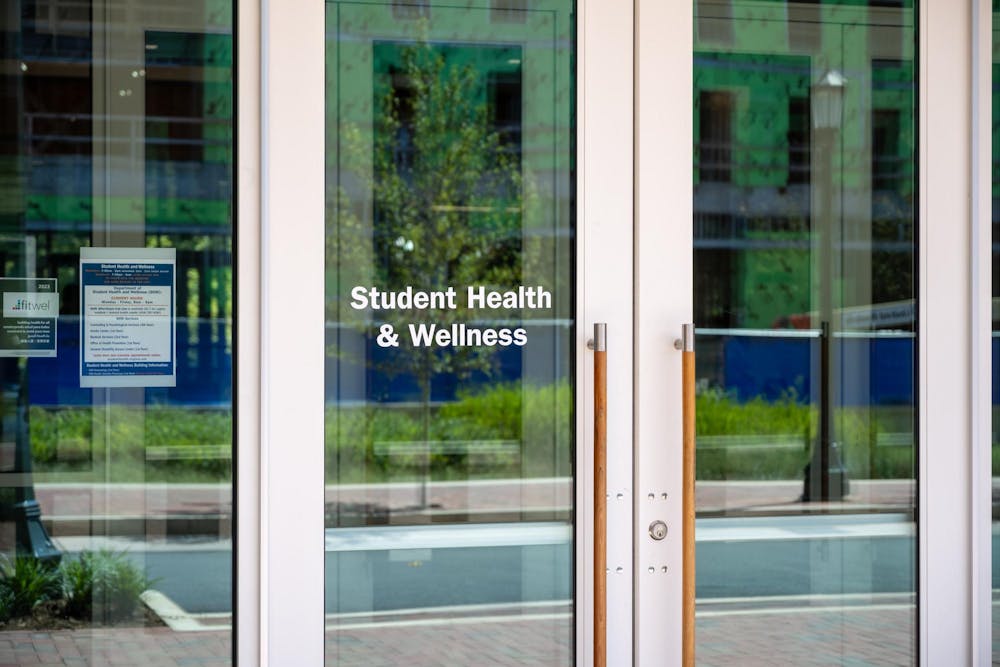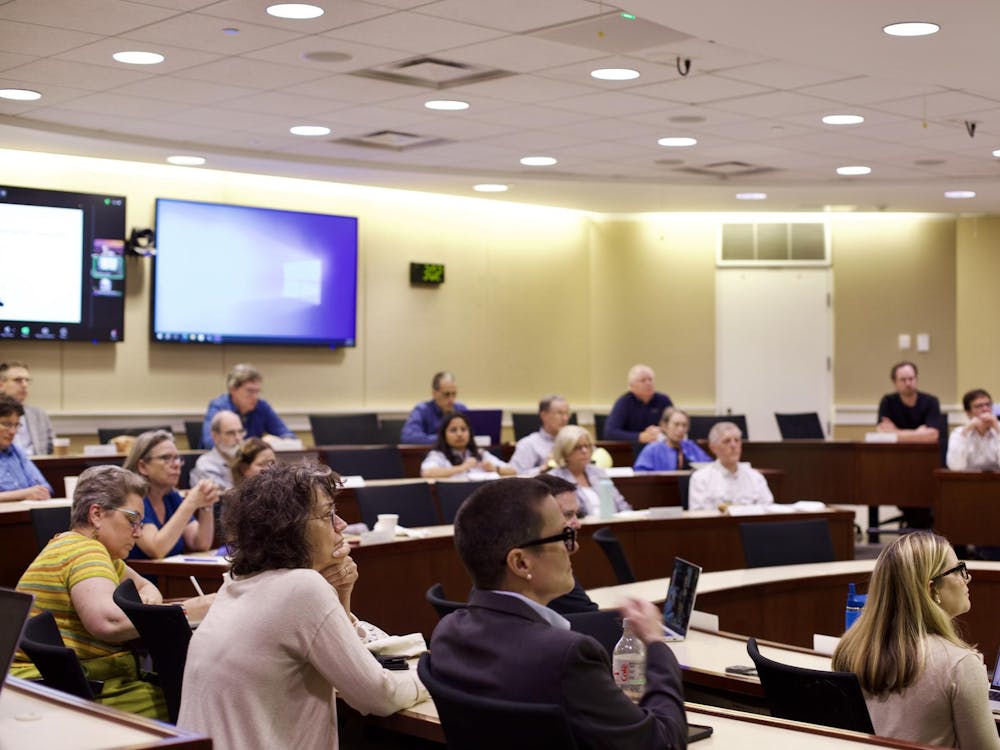Student Council partnered with Student Health and Wellness this semester to provide free testing for sexually transmitted infections for students from Feb.10 to April 29. Student Council was able to fund this testing as well as free pregnancy tests and sexual assault care to help students overcome financial and privacy barriers to seeking these medical treatments.
This semester is the first time students have been able to receive free STI testing, including tests for HIV, Syphilis, Gonorrhea, Chlamydia and Hepatitis C at SHW. Prior to 2025, free testing was only offered during smaller time windows, not throughout the entire semester. According to a statement from Danielle D’Andrea, SHW associate director of marketing and communications, and Chief Medical Officer Meredith Hayden, 813 University students have utilized this resource since the program began Feb. 10.
This initiative was started by former Student Council Co-directors of Safety and Wellness — Ava Bagherian, Master of Public Health candidate, and fourth-year Batten and College student Sloane Daly. Since becoming co-directors in 2022, Bagherian and Daly have worked directly with SHW to provide select periods of free testing to students over the past three years to stop the spread of STIs among the University’s population of young college students.
“The reason why we're so passionate about this is because every year there are 20 million [new cases of] STIs [in the U.S. each year], and half of those come from people aged 15 to 24,” Bagherian said. “Our age group is a vulnerable population, and so we want to ensure that … the populations that are at risk have equitable access to care.”
According to Bagherian, Student Council previously partnered with the Blue Ridge Public Health District to provide students with free STI testing for several one day events. She noted that the district was unable to continue this service three years ago. Bagherian and Daly stepped into their roles as co-directors following this and partnered with SHW to provide free STI testing on a more consistent basis.
Bagherian said that when she began working on this project, Student Council sponsored an initial program of two weeks of free testing before switching to providing free tests for one week each month. She said that funding for this resource came from the Student Activity Fee — a fee included in tuition that funds student organizations — and later came from a grant from University President Jim Ryan, which is divided between several Student Council branches.
As a result of her experience with Student Council and her passion for accessible health care, Bagherian chose to research the impacts of free STI testing for her Integrative Learning Experience project as part of her MPH program. In studying 18,000 anonymous student records from January 2023 to November 2024, Bagherian found that there are significant increases in the number of individuals receiving STI testing when this resource is free, especially among Asian, Black and female students.
“Health is so intersectional, reproductive health, sexual health effects, mental health effects, it's so cyclical,” Bagherian said. “When we eliminate financial barriers, or even reduce them by reducing the flat rate costs as Dr. Hayden did and we eliminate privacy concerns, we are expanding access to health care to more and more populations.”
Bagherian also said that free STI testing provides an additional level of privacy as students no longer have to file charges with insurance which may result in family members seeing these charges.
This year, Student Council was able to fund free, everyday testing for most of the Spring 2025 semester as a result of the work of Hayden and SHW in reducing costs to lab screening. D’Andrea and Hayden said that SHW collaborated with U.Va. Health to secure wholesale pricing on STI tests.
According to the WayBack Machine, which provides archives of online websites, HIV antibody screens previously cost $30, gonorrhea/chlamydia tests cost $42 and Hepatitis C antibody tests cost each University student $20 without insurance as of Jan. 21, 2024. HIV antibody screens now cost $11.85, gonorrhea/chlamydia tests now cost $23.50 and Hepatitis C antibody screens now cost $6.50 for each student to receive this test. SHW purchased tests at these lower costs, which allowed Student Council to fully cover patient costs for administering the tests.
Bagherian also noted that SHW now provides free pregnancy tests and sexual assault care, which includes medical evaluations and treatments, using Student Council funding. According to Bagherian, the Council started this program this year to allow students to report and receive care for an unwanted sexual encounter without facing financial barriers to treatment.
D’Andrea and Hayden also noted that SHW provides a variety of other sexual health resources for students separate from Student Council funding, including free contraceptives and a comprehensive assessment of reproductive needs and sexual health risks.
“When students meet with our team for STI screening, they receive a thorough assessment of their risk and prevention needs,” the statement from D’Andrea and Hayden said. “This includes evaluating risk for HIV [with PrEP prescription provided as needed] and other STIs, ensuring students are up-to-date on relevant vaccines … and providing education on healthy relationships, as well as resources for navigating unhealthy or unsafe relationships.”
Bagherian said that although she will no longer serve as the Co-director of Safety and Wellness next year, Student Council will continue to work with SHW to provide STI testing and prevention resources in the future. She said that her goal in working for three years on this initiative is to institutionalize the practice of providing free STI testing at the University and beyond.
“We know it's important. The numbers speak for themselves. The previous literature speaks for itself. Now it's about, how do we make this a permanent thing at U.Va.,” Bagherian said.







